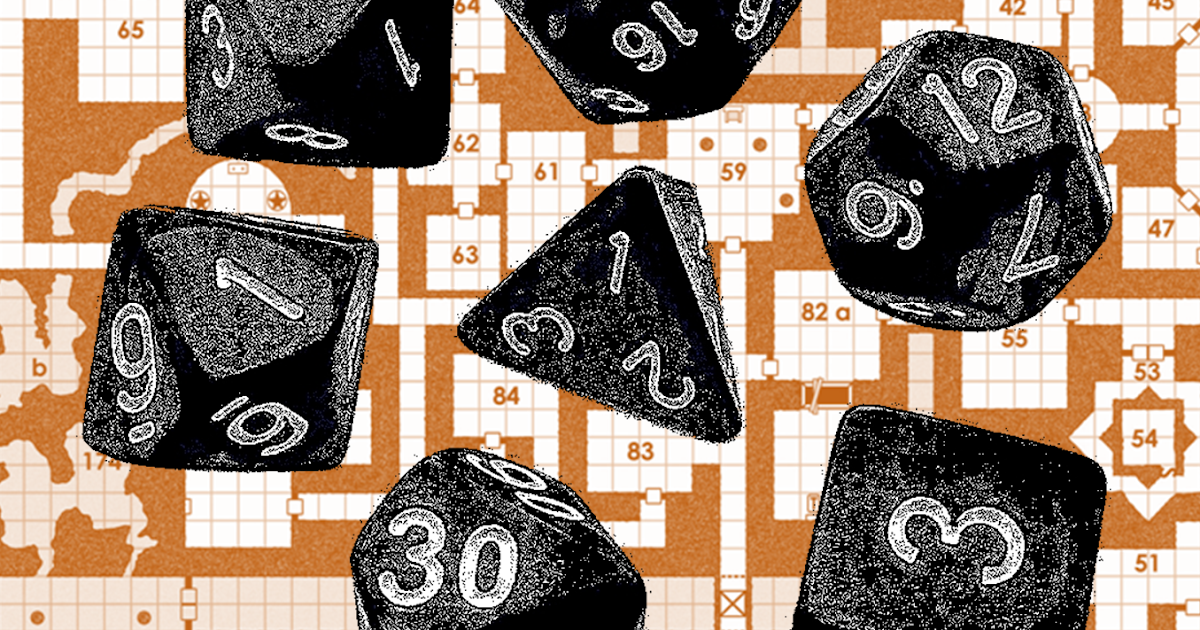It sounds like we started around the same time only I’ve held onto AD&D rather than switched to 2E. And I’m largely of the same mind in regards to loose simulation. You can only move so far for so long before exhaustion sets in, you can only carry so much before the weight slows you down, you need food and water to survive, you need sleep, etc.
I want all of that reflected in the game. Though I’m not sure how much the rules can or should reflect that. By that I mean three things. First, the set of rules required would need to be too long to read to even remotely reflect reality…to say nothing of the rules required to reflect all the things that are “unreal” in the real world. Second, more specifically, no matter how long the rules they cannot accurately simulate reality as there are too many variables in play. Third, rules that reflect the real world are largely redundant as we all already have experience with the real world. Varying degrees of experience and different experiences, yes, but we all have a rough physics simulator running in our heads. Along with rough models for all kinds of other things.
These models we have already running in our heads are sometimes referred to as invisible rulebooks.
When asked to explain the Invisible Rulebooks in person, I usually start with this scenario. If it's any consolation, it rambles in person, ...

rolltop-indigo.blogspot.com
Conversely, the more rules you have, the harder it is to read and absorb them all, to say nothing of running the game. Rules also invariably limit player choices either intentionally or unintentionally. This quote from Over the Edge always stuck with me and I've found it to be true.
"And why the simple mechanics? Two reasons: First, complex mechanics invariably channel and limit the imagination; second, my neurons have better things to do than calculate numbers and refer to charts all evening. Complex mechanics, in their effort to tell you what you can do, generally do a fair job of implying what you cannot do."
Which is why I prefer minimalist gaming, rules ultra-light, and FKR-style play.
Hanging out on forums, game design communities, discord servers and the like I come across a lot of people trying to hack games, old school D&D in particular to do more than what it currently d…

aboleth-overlords.com
Every so often, the topic of minimalist gaming arises, and we've concluded that it doesn't exist! Now this might seem strange coming from t...

pitsperilous.blogspot.com






